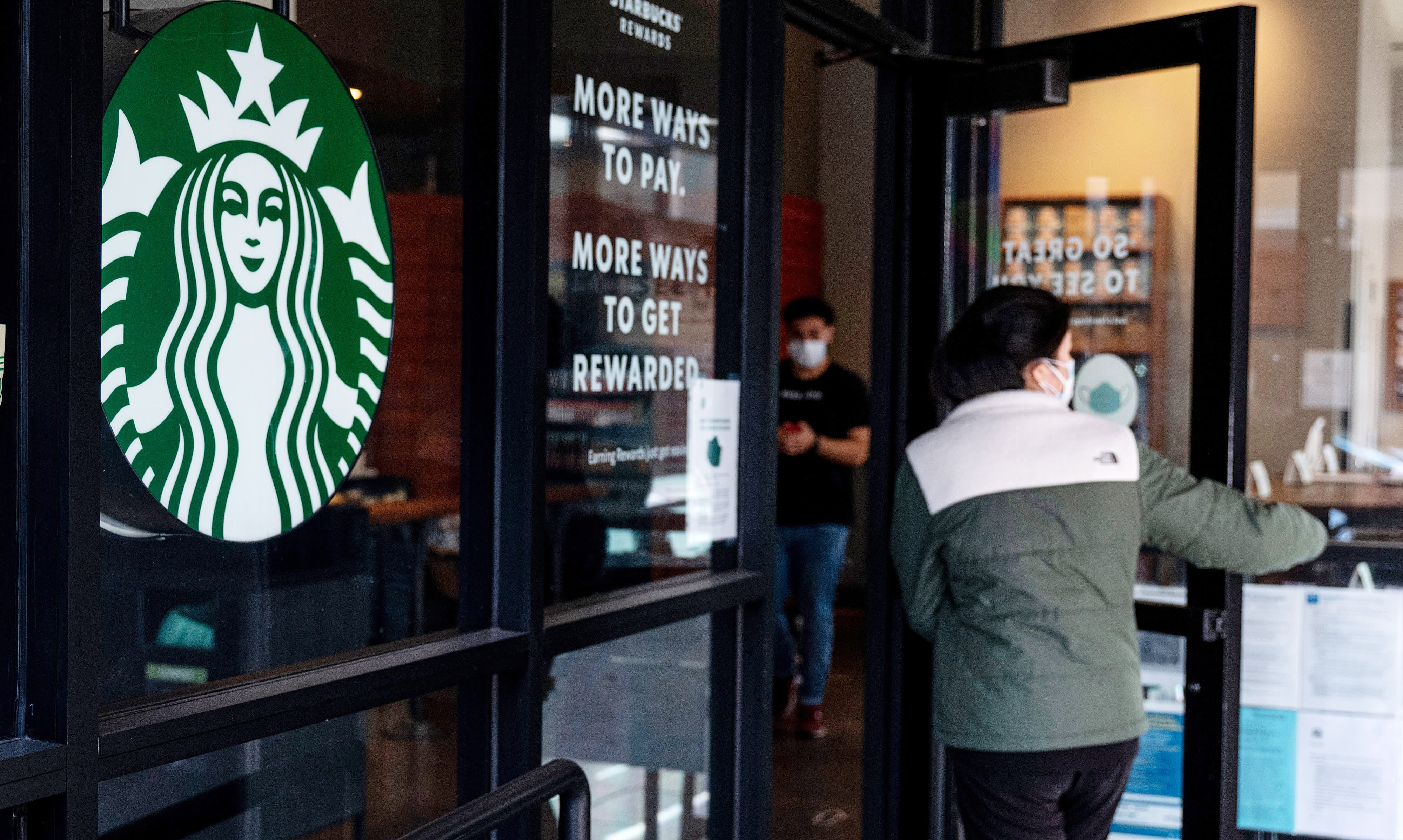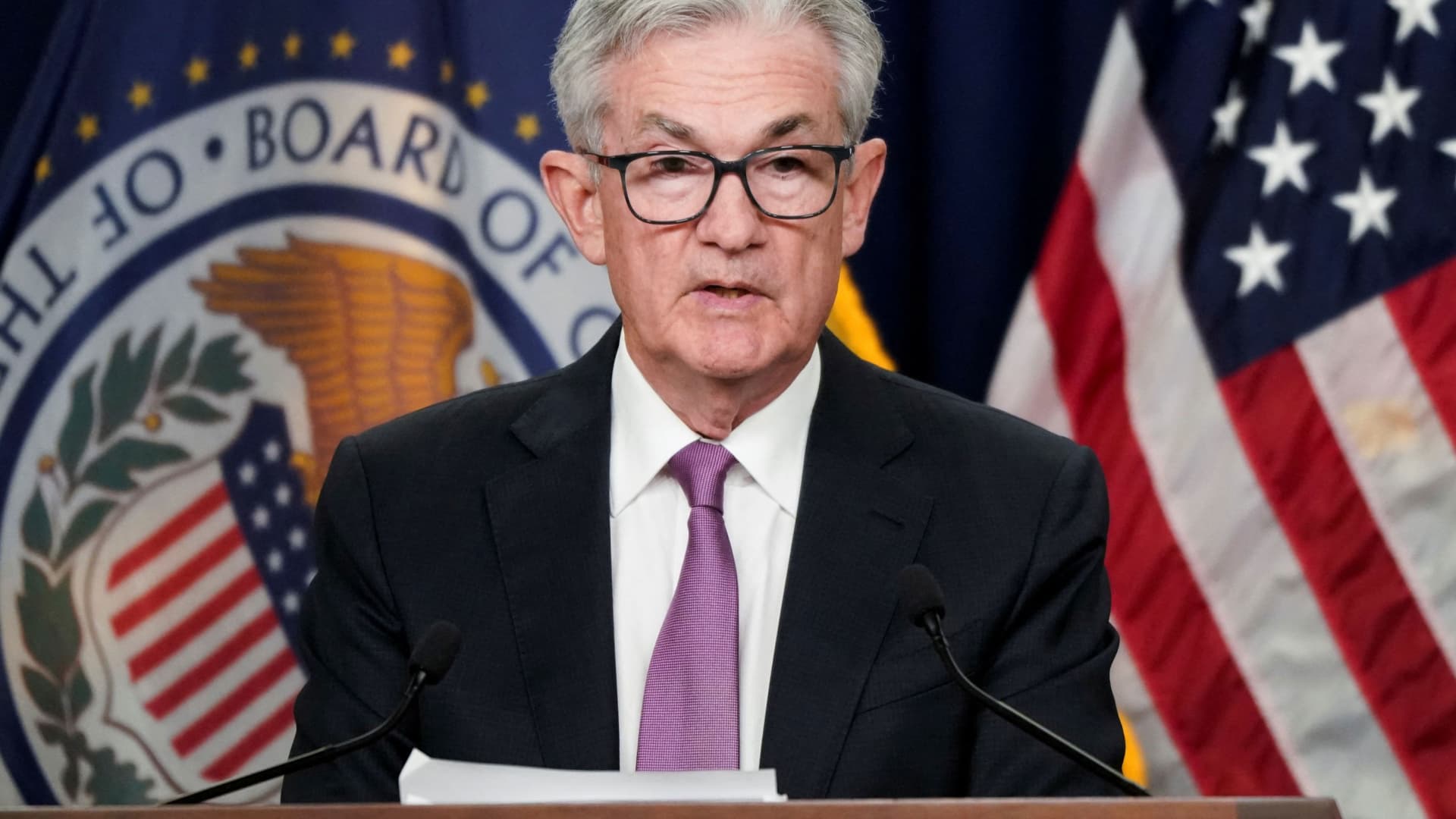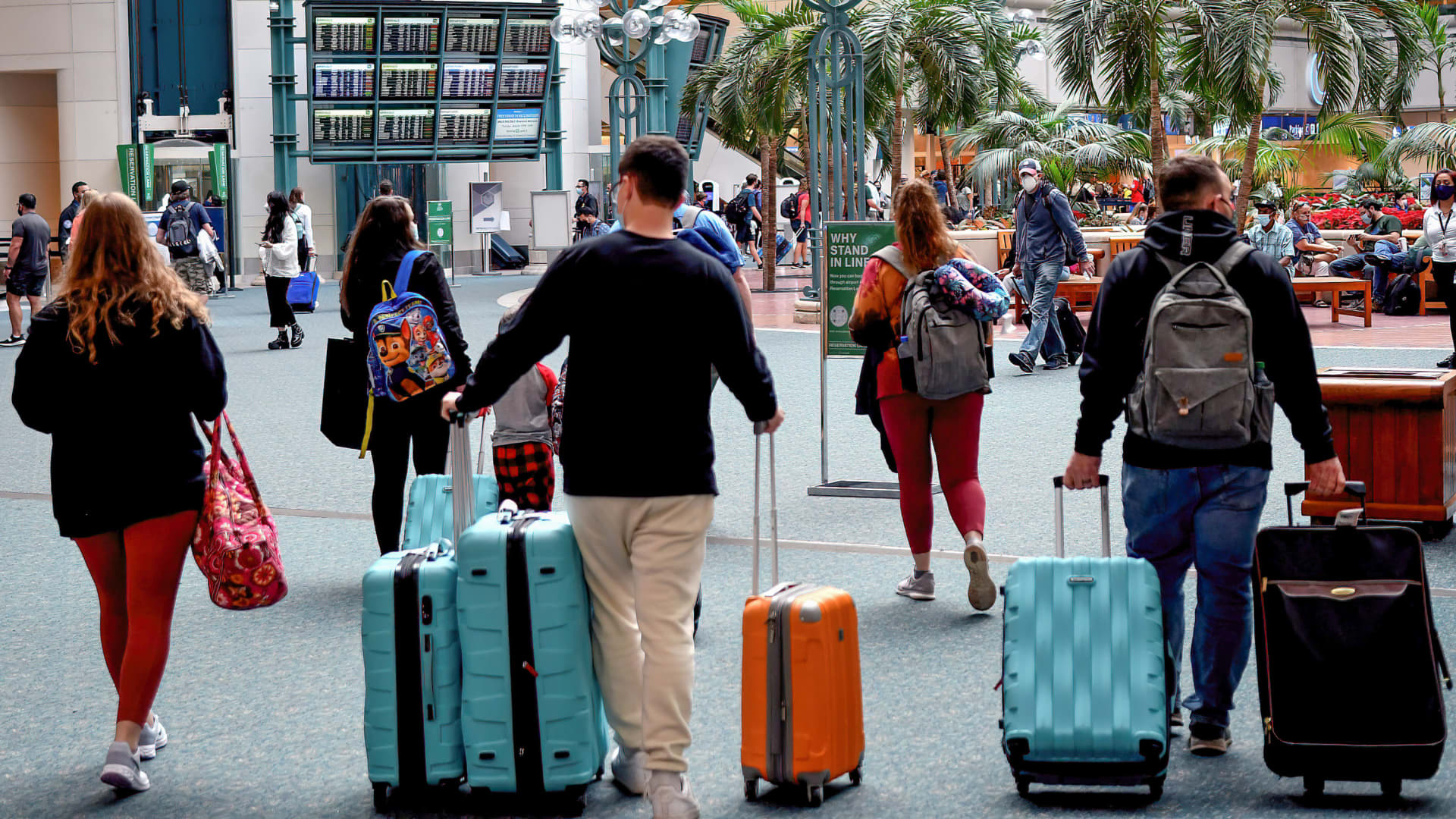US Markets
Friday, November 24th, 2023 3:02 pm EDT
Key Points
- Challenges in Holiday Spending: The article highlights the challenges retailers face in converting festive events, like Target’s “Wonderland” pop-up, into actual sales during the holiday season. Economic uncertainties, including inflation, higher interest rates, and consumers’ preference for experiences over traditional gifts, have led to a more cautious approach to holiday spending.
- Modest Growth and Consumer Behavior: Projections suggest a more modest growth rate of 3% to 4% in year-over-year holiday-related sales for November and December. Consumers are displaying a deal-focused mentality, with shoppers holding out for promotional periods like Black Friday and Cyber Monday, as observed in the behaviors of major retailers such as Walmart, Steve Madden, Lowe’s, and Best Buy.
- Retailer Strategies and Consumer Engagement: Retailers are responding to the challenges by adopting various strategies. This includes deeper discounts, flash sales events, and limited-time offers to create a sense of urgency. Additionally, retailers like Macy’s, Bloomingdale’s, and Nordstrom are incorporating special events, incentives, and unique experiences to attract shoppers and enhance the overall shopping environment. The emphasis is on providing a combination of value, convenience, and novelty to encourage consumer spending.
In downtown Manhattan, Target’s recent pop-up event, “Wonderland,” aimed to attract families and shoppers during the holiday season. The event featured Santa’s helpers distributing free cookies, Nintendo’s Mario and Luigi posing for photos, a toy train winding through a miniature village made from Target’s gingerbread kits, and a display of popular toys like the Barbie Dreamhouse. While drawing people to the event was successful, the challenge for retailers lies in converting this foot traffic into actual sales.
The holiday shopping outlook is colored by caution and uncertainty, influenced by factors such as inflation, higher interest rates, the return of student loan payments, and a consumer emphasis on experiences rather than traditional gifts and decor. Projections indicate a more modest growth rate of 3% to 4% YoY in holiday-related sales for November and December, reflecting a decline from pandemic years but aligning with the pre-pandemic growth average of 3.6%.
Over the past two weeks, major retailers like Walmart, Nordstrom, and Target reported that shoppers have been making fewer store trips, delaying significant purchases, and holding out for better deals. This trend prompted Lowe’s, Best Buy, and Kohl’s to cut their sales forecasts. Marshal Cohen, chief industry advisor for market research firm Circana, describes this holiday season as a “complex Christmas” for retailers.
Several factors contribute to this cautious consumer behavior, including an average credit card balance at a 10-year high, unseasonably warm fall weather delaying the need for winter clothing purchases, and a steady stream of Black Friday deals leading shoppers to anticipate better offers. According to Circana, holiday shoppers spent 7% less in dollars and 6% less in units from mid-October to mid-November compared to the previous year.
This delay in spending puts pressure on retailers for the rest of the season. In response, retailers like Target are adopting aggressive strategies to generate demand. The emphasis is on creating impulse buying through a sense of urgency and a desire to buy. Walmart’s CFO, John David Rainey, notes that consumers are leaning heavily into promotional periods, with weaker sales observed before and after these events. Similar patterns are seen at companies like Steve Madden, Lowe’s, and Best Buy, where customers are showing up more during promotional events.
Retailers are also enhancing their offerings with special events, limited-time offers, and eye-catching merchandise to capture consumers’ attention. Best Buy, for instance, introduced “Best Buy Drops,” flash sales events through its app, featuring short-term price cuts on limited edition items. Other retailers like Target, Ulta Beauty, and Sephora are offering “Deals of the Day” with exclusive discounts for 24 hours.
In addition to deals, retailers are trying to engage consumers with fun and free experiences. Macy’s flagship store in New York City’s Herald Square, for example, features an augmented reality-powered “magic mirror” where shoppers can virtually try on Disney princess dresses before exploring a special collection of Disney merchandise. Macy’s is also planning beauty-themed events with DJs, free makeovers, and fragrance bottle engraving.
Bloomingdale’s, Macy’s higher-end department store, is showcasing a colorful collection inspired by the “Wonka” movie, featuring chocolates, candy-themed cuff links, purple blazers, and sequin dresses. Nordstrom aims to attract shoppers with extra incentives and convenient options, offering extra rewards points on beauty purchases and free two-day shipping to customers in more than 20 markets.
Retailers hope that these novel approaches, along with discounts and promotions, will encourage consumers to spend during this holiday season. Target, in particular, is focusing on convenience and newness, as seen in its “Wonderland” pop-ups showcasing top toys for the season. Shoppers can create wish lists by scanning their favorite toys, emphasizing a personalized and convenient shopping experience.
Despite these efforts, some consumers, like Melissa Fleury of Brooklyn, are approaching holiday shopping more cautiously. She has trimmed her gift budget from $1,000 to a maximum of $800, actively seeking the best sales and spending deliberately when she finds deals that meet her criteria. For retailers, the challenge remains to balance the allure of events and promotions with consumers’ budget-conscious and deal-focused approach during this intricate holiday season.
For the full original article on CNBC, please click here: https://www.cnbc.com/2023/11/24/black-friday-shopping-retailers-use-deals-and-events-to-drive-sales-.html




